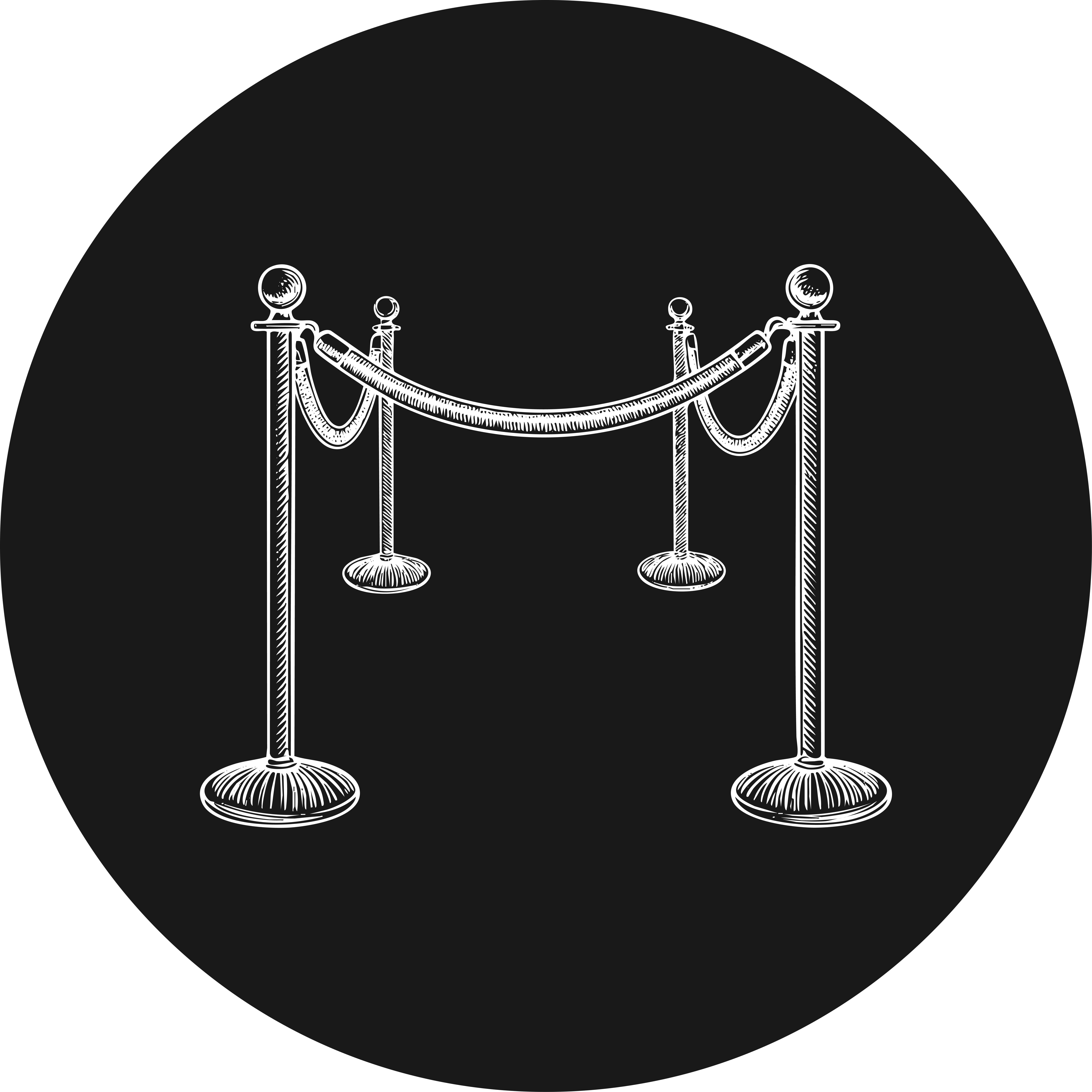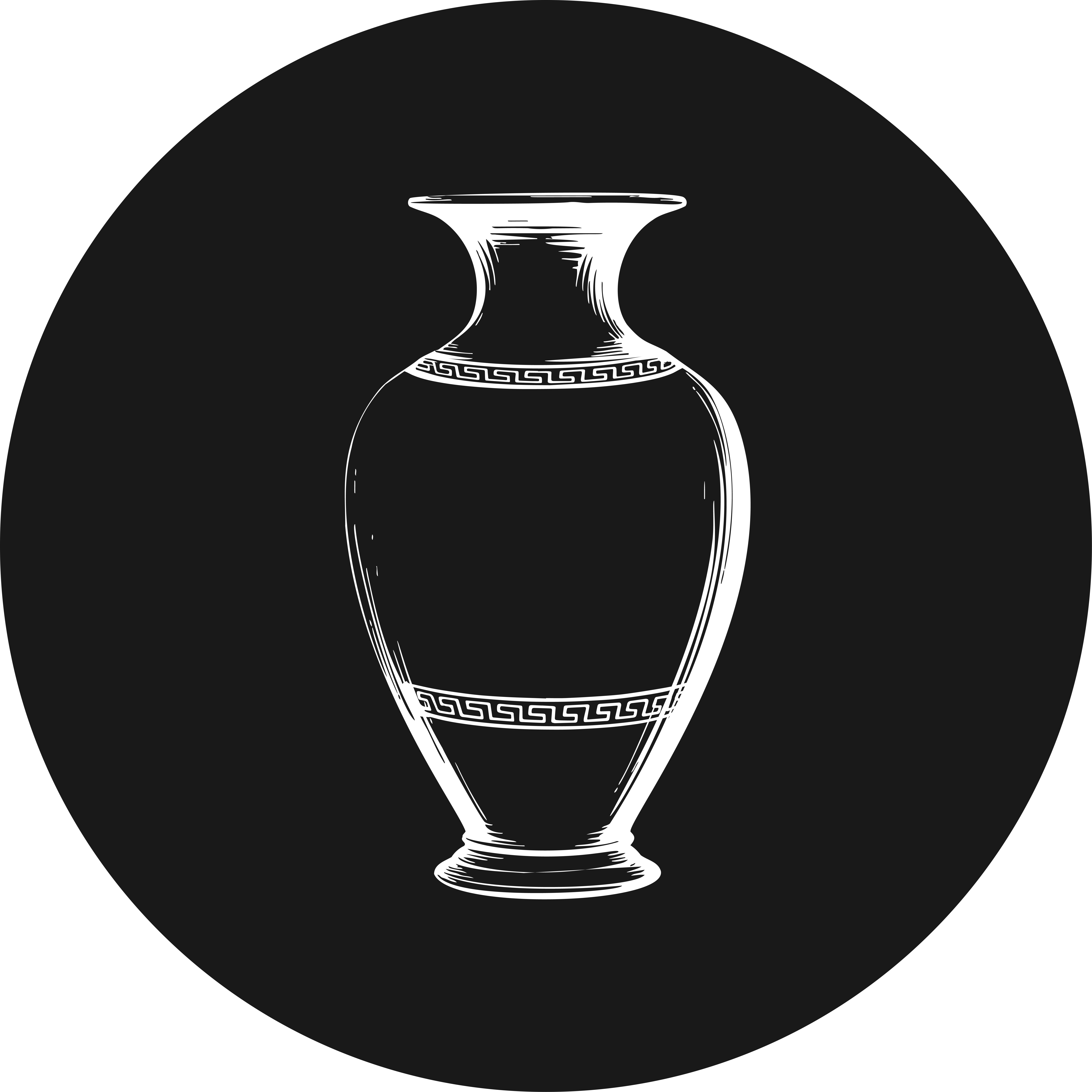Making an application for university can be a daunting process. With an overwhelming amount of options and available information, it can be hard to know where to begin. Quintessentially Education has provided some essential tips on the highly anticipated personal statement component to demystify this process and simplify getting started.
What are the deadlines students need to be aware of?
- Whilst more comprehensive preparations sometimes commence as early as year 9 (GCSE selections and broader curricular activities can all impact potential pathways, especially for candidates considering specialist subjects), the bulk of the actual application work begins at the end of year 12.
- UCAS (the centralised University and College Admissions Service) has opened its portal for 2022 applications this week, although the first availability submission date is not until September.
- Courses in Oxbridge, Medicine, Veterinary and Dentistry have an early deadline of 15th October of Year 13.
- The deadline for all other courses and universities is 15th January of Year 13 (although we would advise making an application before Christmas).
How should students use the upcoming summer months to prepare for applying to university?
Students who are about to finish year 11 should be thinking about extra-curricular activities, summer courses, or internships during the holidays if possible. The focus should be opportunities that link to their subject matter and using the extra time during summer holidays to get ahead.
For students about to finish year 12, these summer months will prove an important time for finalising important decisions around:
- What subject do they wish to study?
- What type of course will be most suitable?
- Does it involve a year abroad or a work placement year?
- Whereabouts in the country do they want to study?
- What type of environment would they be best suited to? Do they want to go to a collegiate, campus or city-based university?
- What are their predicted grades? University entry requirements are widely available online, and students will need to be aware of them when considering their aspirational, realistic and insurance choices.
Those students aiming for the 15th October deadline will also need to ensure their application content is in good shape over the summer, allowing enough time to start preparing for interviews and admissions tests come the Autumn.
What point shall students aim to be at by the end of the summer?
Knowing your final five university choices and writing the first draft of your personal statement will put you in a strong position when starting the new academic year. Using the summer holidays will benefit hugely to avoid interference with academic studies during the final year; grades remain the most prominent of the entry requirements, so a good application should never be detrimental to school work.
If you are not at this stage by the end of the summer, don’t panic! There is still time to get the required components in order – our recommendations here are to try and ease any last-minute stresses to help students be best prepared.
Personal statement – what is it?
A personal statement supports your application to study at a university or college. It is a chance for you to articulate why you would like to study a particular course or subject and what skills and experience you possess that make you suitable and show your passion for your chosen field.
It is 4,000 characters (around one A4 page), and will be submitted along with your UCAS when making your university application.
How to get started and what you should include in your personal statement
UCAS has a fantastic guide on what the personal statement should involve, and its website is a great exploratory tool. Your school will also have helpful information on how to begin, and it is essential to use the materials you have on hand.
We all know that getting started is often the most challenging part, so to help with this, think about breaking the statement down into manageable chunks. If the opening line is causing you concern, you might find it most straightforward to start with a paragraph about your current studies. You can always come back to the flow and the order of the statement at a later stage.
It is also important to remember that your statement should have a significant subject and academic focus, rather than a piece of writing telling the admissions officers about unrelated personal life. This can be a strange concept given the term ‘personal statement’, but the heavy academic focus relates to university-level study and later academic expectations.
Your personal statement should focus on why you are a suitable candidate. This could include:
- Your ambitions, as well as what is interesting to you about the subject.
- The qualities and skills you possess to do well on the course. How do these qualities fit into your aspirations for the future?
- What makes you suitable – this could be relevant experience, skills, or achievements you’ve gained from education, work, or other activities.
- Remember, the ultimate goal of your personal statement is to explain your reasoning for wanting to study that particular course at university and presenting your credentials to be a successful learner at the university level.
Extra-curriculars can help show the admissions officers your more comprehensive credentials, including characteristics such as independence and resourcefulness. Showing you have applied yourself to something over time will usually be looked upon favourably by admissions officers. Around 20% of the statement should be spent on what you do outside of your academic interests and, more importantly, the relevant skills you have learnt from these experiences to be successful at university or pertinent to your course.
How important is work experience in the context of the personal statement?
Most universities do not have work experience requirements other than certain vocational subjects such as veterinary, medicine and dentistry.
Yet whilst not a requirement, completing work experience or internships is advisable if available to you. These sorts of opportunities can be hugely valuable from an exploration perspective and for helping you stand out. It can help prove to admissions officers that you are dedicated to your studies by organising it in the first place. For you, it can be helpful to see whether the work interests you enough to warrant studying it at the university level.
It is important to note that listing work experience is not enough (this can be done during a different part of the application!). Instead, it would help if you wrote about what you have gained from the experience and how this connects to your future aspirations or proves you are a good learner.
It is better to talk in-depth about fewer work experiences rather than creating lists of everything you have done. Think quality over quantity.
For more detailed guidance on how to break down your statement into relevant sections and how to tie things all together, please don’t hesitate to contact Quintessentially Education, who will be able to assist with all your application needs.

















